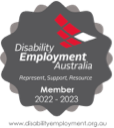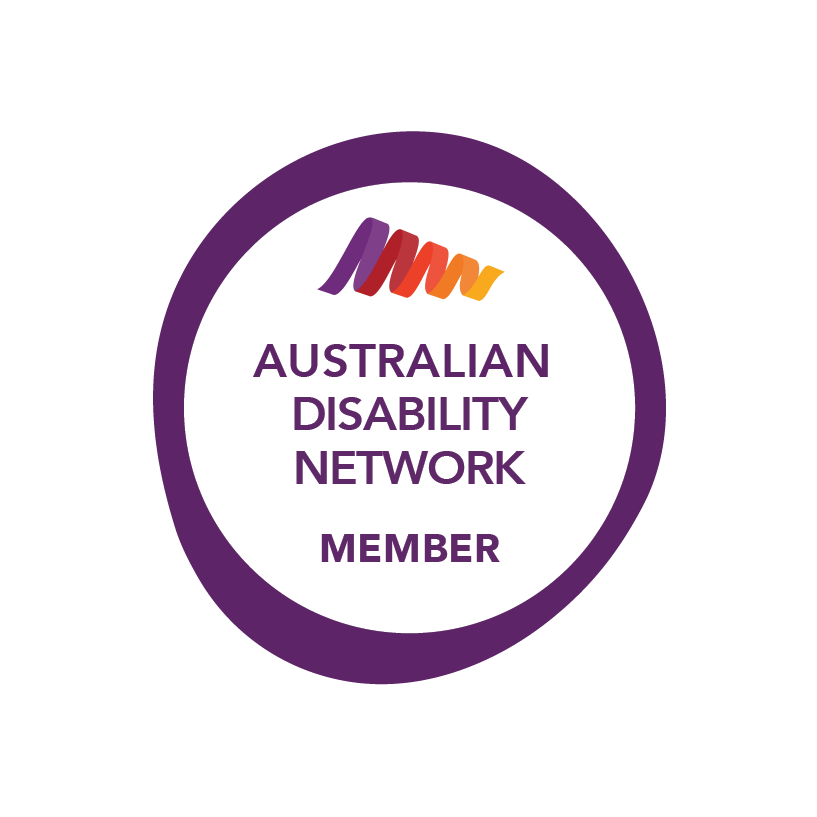Disability Employment Services (DES) is a government-funded program designed to support individuals in finding and maintaining employment. DES helps people overcome barriers to employment through personalised assistance, including training, job placement, and ongoing workplace support.
A common misconception is that DES is only for individuals with disabilities. While it’s true disability employment services are primarily focused on helping people with disabilities, they are also available to those with certain health conditions or injuries that affect their ability to work.
Understanding who can access DES is key to making the most of the support available.
What Are Disability Employment Services (DES)?
Disability Employment Services (DES) is a government-funded program designed to assist individuals who face challenges in finding and keeping a job due to disability, injury, or health conditions. The purpose of DES is to support job seekers by offering personalised services that address their unique needs, helping them prepare for, secure, and maintain employment.
Disability employment services, and DES providers, play an important role in helping participants overcome barriers to employment by providing tailored support. Some examples of these supports include skills training, job search assistance, and ongoing workplace assistance. Additionally, these services also work closely with employers to foster inclusive work environments, ensuring employees receive the necessary adjustments and support to thrive in their roles.
Eligibility Criteria for DES
Disability Employment Services (DES) are primarily designed to assist people with disabilities in finding and keeping employment, but they are not exclusive to people with permanent disabilities. For example, people with temporary injuries, certain medical conditions, or health impairments may also be eligible for DES if these issues affect their ability to work.
To qualify for DES, individuals typically need to meet the following criteria:
- Be registered with Centrelink/Services Australia or another recognised government service provider.
- Have a recognised disability, injury, or medical condition that impacts their ability to work and requires ongoing support or assistance to maintain employment.
- Undergo a Job Capacity Assessment (JCA) or Employment Services Assessment (ESAt), which determines whether they meet the criteria for reduced work capacity and need specialised support.
- Be an Australian citizen, or permanent resident, or hold a Temporary Protection Visa or Safe Haven Enterprise Visa.
Other factors that may contribute to eligibility include referrals through vocational rehabilitation services or transitions from other employment services programs.
It is recommended to check official guidelines or speak with a disability services provider for personalised eligibility advice.
Ongoing Eligibility for Disability Employment Services
At the time of referral, job seekers need to meet the eligibility criteria for Disability Employment Services (DES). Disability employment services providers will be required to verify their eligibility before they can begin the program.
Once a participant has commenced DES, their eligibility is often not reassessed. In most cases, participants who no longer meet the initial eligibility requirements are not removed from the program. They can continue receiving DES support throughout their current service period, as outlined in the DES Period of Service Guidelines.
Who Else Can Access DES?
While Disability Employment Services (DES) are primarily aimed at supporting individuals with disabilities, people without a diagnosed disability can still access these services under certain conditions. Individuals with medical conditions, injuries, or health impairments that impact their ability to work may qualify for DES if they face barriers to employment.
For example, someone recovering from a significant injury or managing a chronic health condition that affects their job performance might be eligible. Additionally, individuals who require extra support or workplace adjustments due to a medical condition may also access DES.
The specific requirements for accessing DES without a formal disability diagnosis can vary and may involve assessments or referrals from government or medical professionals. It is advisable to consult with a DES provider or Services Australia to clarify eligibility.
Benefits of Disability Employment Services
Disability Employment Services (DES) offer a range of benefits for both individuals and employers:
- Job preparation, training, and job matching: DES helps job seekers develop the skills needed for employment, matches them with suitable roles, and prepares them for job interviews.
- Ongoing workplace support for employees: Once in a job, DES continues to provide personalised support to help individuals maintain their employment and succeed in their roles.
- Support for employers in managing workplace accommodations: DES assists employers in identifying any necessary adjustments or accommodations to create an inclusive and supportive work environment.
How Employers Can Use Disability Employment Services
For employers, disability employment services can help build more inclusive workplaces by broadening access to a wider and more diverse talent pool. By partnering with disability employment services providers for employers, they can gain access to candidates with varying skills and experiences who could have been overlooked in traditional recruitment processes.
Additionally, DES offers support in obtaining government funding or making workplace modifications to accommodate employees with disabilities or health conditions, ensuring compliance and fostering a more adaptable workplace. This collaboration promotes long-term success for both employees and employers.
Disability Employment Services Could Help You Too
Disability Employment Services (DES) are designed primarily to support people with disabilities in finding and maintaining meaningful employment. However, individuals with certain health conditions, injuries, or impairments that impact their work capacity may also qualify for assistance.
If you’re unsure on whether you or someone you care about is eligible for disability employment services, you can read more via Services Australia or contact us for support.
You may be able to take advantage of the support disability employment services have to offer. Whether you’re a job seeker needing help overcoming employment barriers or an employer looking to build a more inclusive workplace, DES can offer valuable assistance to meet your needs.















